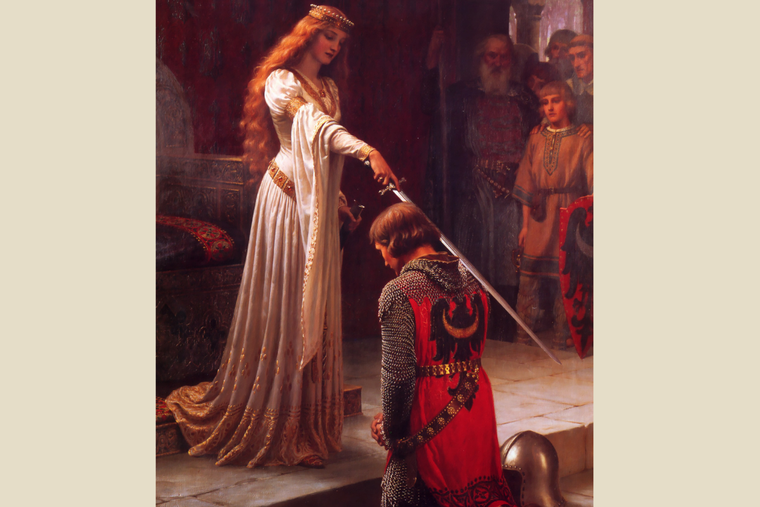- Feb 5, 2002
- 166,616
- 56,251
- Country
- United States
- Faith
- Catholic
- Marital Status
- Married
- Politics
- US-Others
Contrary to popular belief, the decline of women’s rights in history has always corresponded to a retreat of the Church within Western societies, especially from the Renaissance onwards, for the Church has been the most zealous advocate of women in history.
It is hard not to shake one’s head when hearing feminist activists describe misogynistic speech and other attacks on women’s dignity as “medieval” — especially for those who have taken the trouble to read the great medievalists such as Régine Pernoud (1909-1998).
Indeed, it is this 20th-century French historian and archivist whose prolific work has done the most to dispel the particularly tenacious myths and prejudices of our time with regard to the Middle Ages, a period that spans a millennium (from the years 500 to 1400 approximately) and is considered to have witnessed the pinnacle of the Catholic Church in the West.
In this multifaceted universe, she devoted a large part of her work to the question of the status of women, a question that was not without cultural and political stakes in a 20th century that saw the emergence of the most radical feminist movements (which spawned some of the “woke” movements we know today), against a backdrop of massive de-Christianization.
In this relatively unequal ideological battle — for in post-World War II Europe, the world of culture and education was often dominated by the anticlerical left — Pernoud’s encyclopedic knowledge and inexhaustible rigor provided invaluable intellectual weapons for those who believe in an immutable human nature and in the unique worth of the Christian message and anthropology.
Continued below.

 www.ncregister.com
www.ncregister.com
It is hard not to shake one’s head when hearing feminist activists describe misogynistic speech and other attacks on women’s dignity as “medieval” — especially for those who have taken the trouble to read the great medievalists such as Régine Pernoud (1909-1998).
Indeed, it is this 20th-century French historian and archivist whose prolific work has done the most to dispel the particularly tenacious myths and prejudices of our time with regard to the Middle Ages, a period that spans a millennium (from the years 500 to 1400 approximately) and is considered to have witnessed the pinnacle of the Catholic Church in the West.
In this multifaceted universe, she devoted a large part of her work to the question of the status of women, a question that was not without cultural and political stakes in a 20th century that saw the emergence of the most radical feminist movements (which spawned some of the “woke” movements we know today), against a backdrop of massive de-Christianization.
In this relatively unequal ideological battle — for in post-World War II Europe, the world of culture and education was often dominated by the anticlerical left — Pernoud’s encyclopedic knowledge and inexhaustible rigor provided invaluable intellectual weapons for those who believe in an immutable human nature and in the unique worth of the Christian message and anthropology.
Continued below.

Why Feminists Should Celebrate the Middle Ages (and the Catholic Church)
Contrary to popular belief, the decline of women’s rights in history has always corresponded to a retreat of the Church within Western societies, especially from the Renaissance onwards, for the Church has been the most zealous advocate of women in history.
